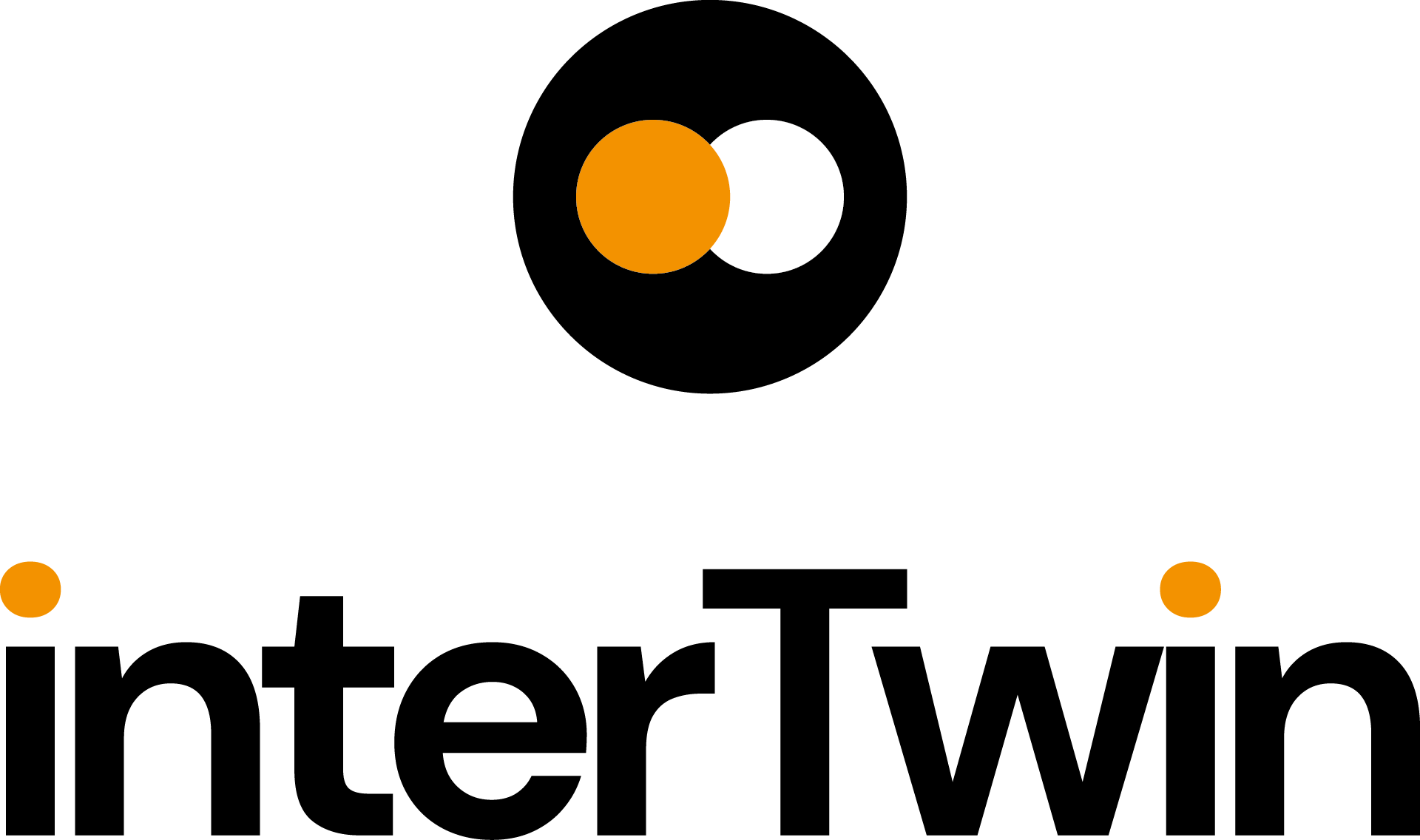FTS3 is the software underlying a service responsible for globally distributing the majority of the LHC data across the WLCG infrastructure. It is a low-level data movement service, responsible for reliable bulk transfer of files from one site to another while allowing participating sites to control the network resource usage.
Transferring large volumes of data between facilities requires a component that manages those transfers: monitoring their progress, cancelling transfers that have stalled or that take too long, and retrying failed transfers (where appropriate).
Deploying FTS provides a common service for handling such transfers, allowing higher-level data management; e.g., bandwidth shaping links between facilities.


